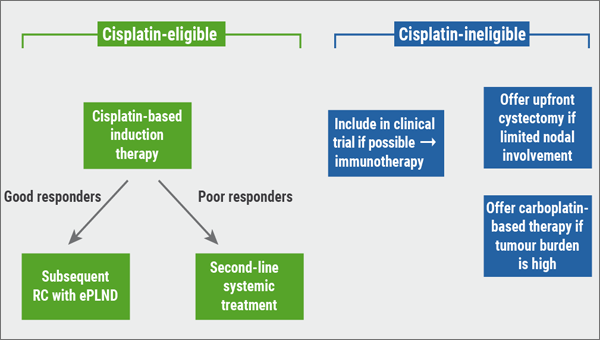Researchers examined data on 155 men 65 or older with metastatic castration-resistant prostate cancer who initiated treatment with docetaxel (n=51), abiraterone (n=29), enzalutamide (n=54), or radium 223 (n=21) at one of four academic cancer centers in Ontario, Canada, between July 1, 2015, and December 31, 2019. At baseline and at the end of treatment, men had cognitive function assessed using the Montreal Cognitive Assessment (MoCA, global cognition), the Trail Making Test part A (attention), and the Trail Making Test part B (executive function).
The main goal of the study was to assess the proportion of patients in each treatment group who had a decline of 1.5 standard deviations (SDs) or more in any of the three cognitive function domains. None of the patients in the study experienced clinically significant cognitive decline - defined as a decrease of at least 1.5 SDs in at least two of the three measures - the analysis found.
"Clinicians can reassure patients that large declines in cognitive function are quite unlikely to occur during the course of treatment with one of these drugs," said lead study author Dr. Shabbir Alibhai of the Institute of Health Policy, Management, and Evaluation and the Institute of Medical Science at the University of Toronto in Ontario, Canada.
"If patients are complaining of significant cognitive changes, it is worth getting a formal assessment by, for example, a neuropsychologist or occupational therapist or geriatric oncologist, rather than chalking it up to aging or cancer treatment," Dr. Alibhai said by email.
The proportion of patients in each treatment group who did experience a decrease of at least 1.5 SD in scores on any of the three different cognitive assessments ranged from 0 to 6.5%, researchers report in JAMA Network Open.
For example, none of the patients on abiraterone experienced a decline of 1.5 SD in any of the three cognitive assessments.
By contrast, 6.5% of patients who received chemotherapy (docetaxel) experienced a decline of this magnitude on the Trails A and B tests, and 4.3% had a decline of 1.5 SD on the MoCA assessment.
No patients on enzalutamide or radium 223 had a decline of at least 1.5 SD on the Trails A assessment. However, 1.9% on enzalutamide and 5% on radium 223 had a decline of this magnitude on the MoCA, the study found.
Beyond the small size of the study, another limitation is the lack of a non-treatment control group, researchers note. This made it difficult to determine whether any cognitive changes could be attributable to treatment.
While it's encouraging that the study didn't show a meaningful difference between therapies with regard to cognitive function, the results don't prove that the treatments lack cognitive effects, said Dr. Charles Ryan, a professor of medicine in the division of hematology, oncology and transplantation at the University of Minnesota Medical School in Minneapolis.
"Some therapies are more likely to induce cognitive effects - most notably hormonal therapy and some chemotherapies," Dr. Ryan, who wasn't involved in the study, said by email. "A number of studies using more sensitive methods of cognitive study including functional MRI scans and other techniques are underway looking to evaluate potential cognitive effects of cancer therapies as it remains a concern of many patients and clinicians."
SOURCE: https://bit.ly/3zjdXhz JAMA Network Open, online July 2, 2021.
By Lisa Rapaport
Posted on
Previous Article
« Building a better predictive model for progression to kidney failure Next Article
Methotrexate use tied to weakened antibody response after first Pfizer-BioNTech vaccine shot »
« Building a better predictive model for progression to kidney failure Next Article
Methotrexate use tied to weakened antibody response after first Pfizer-BioNTech vaccine shot »
© 2024 Medicom Medical Publishers. All rights reserved. Terms and Conditions | Privacy Policy
HEAD OFFICE
Laarderhoogtweg 25
1101 EB Amsterdam
The Netherlands
T: +31 85 4012 560
E: publishers@medicom-publishers.com



